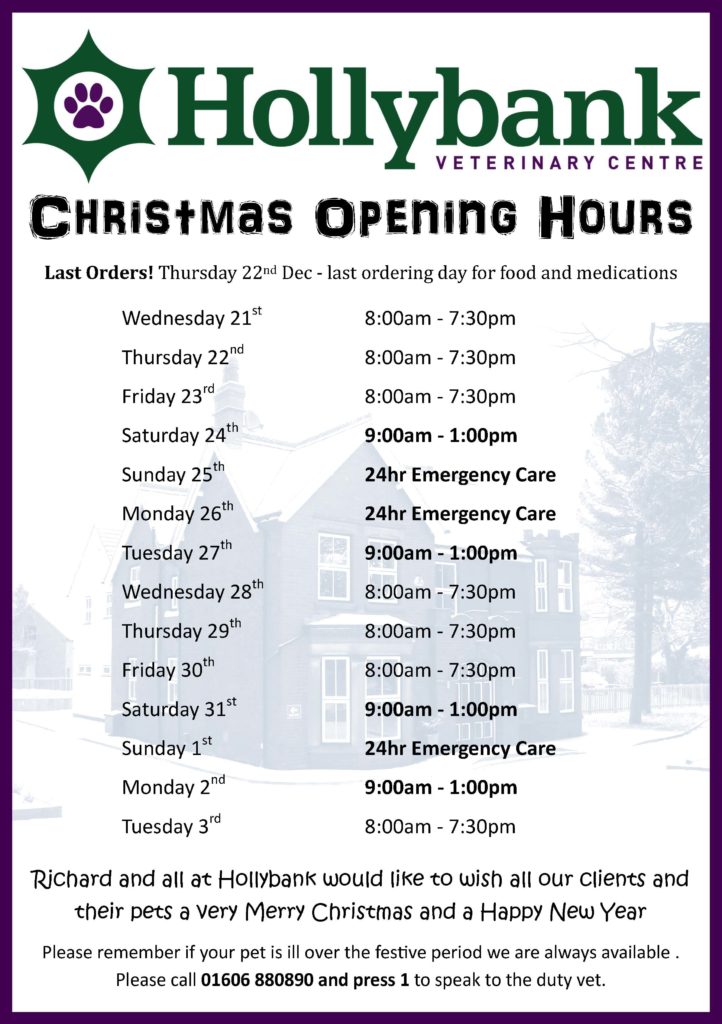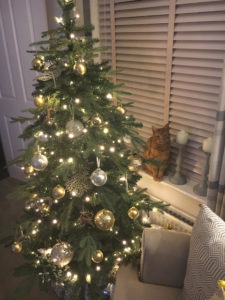It’s that time of year again where we are all making new year’s resolutions and diets are always a common one! Now is a good time to commit to getting those extra few kilograms off your pet’s too.
Pet obesity can have a day to day impact on your pets quality of life by preventing them from performing normal levels of activity and behaviour. If this wasn’t enough of a reason their are many potential health risks too. Overweight animals are at increased risk of many diseases and these can significantly shorten their lifespan. See our previous post ’16 reasons to get fit’ to read about these risks in more detail.
Below are our top diet tips to get going:
Do not give any human food! A simple corner from your morning toast can equate to something much more substantial to your pet.
Try to avoid or cut back treats. We recommend taking a handful from your pets daily meal allowance to use as treats. If your pet is too smart for that trick then set aside treats for that day and take a handful from their daily meal allowance to compensate. Once these treats are gone they are gone. Another option would be to try Carrot pieces!
Work out your pets daily food allowance. Every food company should provide feeding guidelines. We should feed the amount that correlates to our pets target weight not their actual weight. However, we do not want to suddenly feed a 40kg dog a 30kg dog ration so we do this in reasonable stages i.e feed for a 37kg dog initially. Then weigh the correct amount out and stick to it!
Evaluate your pets daily food allowance. Some animals, due to metabolism, lifestyle and if they have been neutered or not can need even less than what is stated on their food. For example, if you weigh out your pets food and you are already feeding the right amount or less, but your pet is still overweight. In these cases they simply need less. This can be difficult when their ration becomes so small that they beg and ask for more food. At which point certain diet foods can be helpful.
Weight loss diets. There are a number of commercially available and vet prescription diets to help aid weight loss. As these diets are formulated to be low in calories the amount you can feed is often more satisfying to your pet. Satiety diets which help our pets feel fuller for longer can be particularly useful for this reason too.
Compliance. Try to ensure everybody in the family or those who spend time with your pet are aware of your pet’s diet plan and are on board with it!
Vet Support. We are always happy to help discuss your pet and their weight. All of our clients are welcome to call into the surgery and weigh their pet to track their own progress. Our nurses also offer free weight clinics where they can help you plan feeding amounts, discuss potential prescription diets and track your progress with you. If you would like help with this then call the surgery and book in-01606 880890


